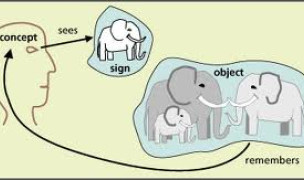 10 Terms
10 TermsHome > Industry/Domain > Biology; Medical > Human genome
Human genome
The human genome consists of 23 chromosome and the small mitochondrial DNA. 22 of the 23 chromosomes are autosomal chromosome pairs and the last one being a gender-determining pair. In total, the human genome contains the sequences of the 3 billion chemical base pairs that make up human DNA and approximately 20,000-25,000 genes. By understanding human genome, scientists are able to develop new medical applications that can significantly advance the state of health care.
Contributors in Human genome
Human genome
Glioblastoma
Medical; Human genome
A malignant tumour of the central nervous system and usually of a cerebral hemisphere -- called also spongioblastoma.
Genomic instability
Medical; Human genome
1) A biological process consisting of chromosomal rearrangements and duplications. These phenotypes are often seen in the karyotype of cancer cells, where there is an imbalance between the ...
Fibrillary
Medical; Human genome
1) Of or relating to fibrils or fibres (fibrillary overgrowth). 2) Of, relating to, or marked by fibrillation (fibrillary chorea. )
Glucose
Medical; Human genome
1) A primary source of energy for living organisms. It is naturally occurring and is found in fruits and other parts of plants in its free state. It is used therapeutically in fluid and nutrient ...
Fibroblast
Medical; Human genome
1) Connective tissue cells which secrete an extracellular matrix rich in collagen and other macromolecules. 2) A connective tissue cell that makes and secretes collagen proteins. 3) A fibroblast ...
Flanking microsatellite analysis
Medical; Human genome
The use of highly variable repetitive sequences found in microsatellite regions adjacent to genes or other areas of interest as markers for linkage analysis, DNA fingerprinting, or other diagnostic ...
Genetic inheritance
Medical; Human genome
1) Transmitted through genes that have been passed from parents to their offspring (children). 2) The reception of genetic qualities by transmission from parent to offspring. 3) All of the ...


